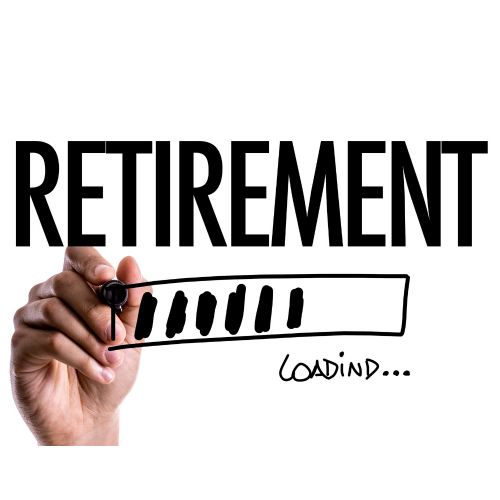The Pros Weigh In: Are Canadians Focusing on Retirement Savings?

Beth Graddon
In your opinion, do Canadians feel they have to revise their retirement savings plans as a result of the pandemic? Last month, advisors from across Canada weighed in on this question and the results may surprise you!
Specifically, 60% of respondents said “yes”, which means the results were mixed. This is particularly interesting as according to the recent Scotiabank 2021 Retail Investor Sentiment Survey, more than 56% of Canadians weren’t planning to contribute to an RRSP this year and an additional 12% were unsure if they would.
And that’s a shame as more than two thirds of Canadians were now at risk for overpaying their taxes or having social benefits clawed back without a contribution. The RRSP contribution deadline has now passed, but tax and financial advisors shed more light on this important issue to help clients save money next year.
The comments paint why this is such a complex picture:
“In reference to high-end earners, the pandemic doesn't affect their savings potential. Adversity visits most middle-income families during the crisis. They need education on how to best  manage their portfolio with their small disposable income.” – Cecily
manage their portfolio with their small disposable income.” – Cecily
“No, and actually in many cases this may be an opportunity to top up RRSP Contributions. While some Canadians have seen incomes reduced, some have also found that they spend less and have more cash available. If the cash is available, contribute it and remember, it doesn't have to be deducted for the 2020 year as long as the room is available.” – Alan Rowell
“People are losing their jobs and are left on EI with no ability to fully contribute to their RRSP. EI is not as generous as the CRB and CPP and foreign pensions amounts are deducted. They are also losing chances for match plans they had through their employmers. How can someone receiving only 55% of previous earnings manage to fully contribute to RRSP?” – Krystyna
“At a certain age, we all plan for the future. However, on top of that, there are definite situations where some have not maintained a steady income. So, decisions are made once a roof over the family and food supply is okay. But in today's situation, there is virtually no going out or celebrating anything outside of the family home. So, IF they are wise, emergency fund accounts should be started and RRSP payments, whether monthly or annually, should be maintained to financially secure the family in the long run. “ – Stewart Shinewald
“Yes, fill RRSP room if expenses are down and there’s no or little personal debt. Unused cash could boost RRSPs for imminent or future use, right into early RRIF years & beyond.” – Denzil Feinberg
“I don't think that the average Canadian will give any thought to their financial plans because they feel that they don't have to. Even my 91-year-old mother is of the opinion that the government will have to take care of her if she runs out of money to support herself.” – Lyle Urbanowski
"I believe each situation for each taxpayer should be reviewed on its own merit. Some taxpayers actually benefitted financially from the pandemic and associated lockdowns (ie: less spending = more savings, public employees who did not lose any employment income due to the pandemic, etc.). This may be a time for them to 'maximize' their RRSP contributions for 2020.I am seeing more of my clients contributing to their RRSP for the 2020 tax year as a result of also having to claim the CERB and CRB payments - in order to reduce their tax burden. Others that did not do so well during this pandemic and associated lockdowns may not have the funds to contribute to their RRSP for the 2020 tax return, and will end up paying more in income taxes (relevant to their income) in 2020.” – Gaetan Ladouceur
Additional educational resources: Sound retirement and estate planning strategies for individuals and business owners will be the subject of Knowledge Bureau’s next comprehensive Virtual CE Summit on May 20. Register by May 15 for early bird discounts and to hear outstanding guest experts describe tax efficient retirement income layering strategies. For personal assistance call 1-866-953-4769.